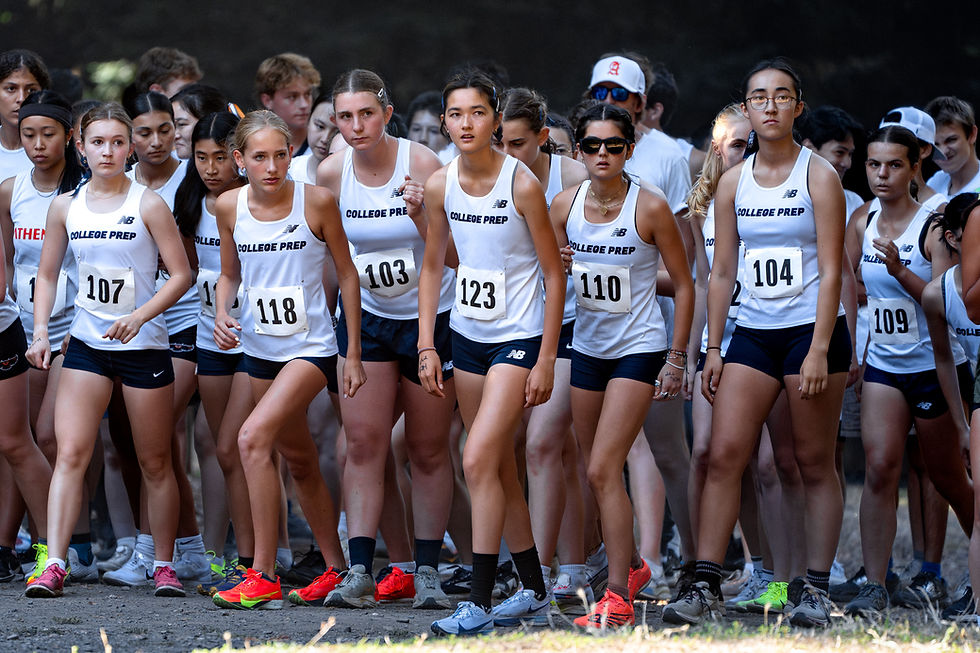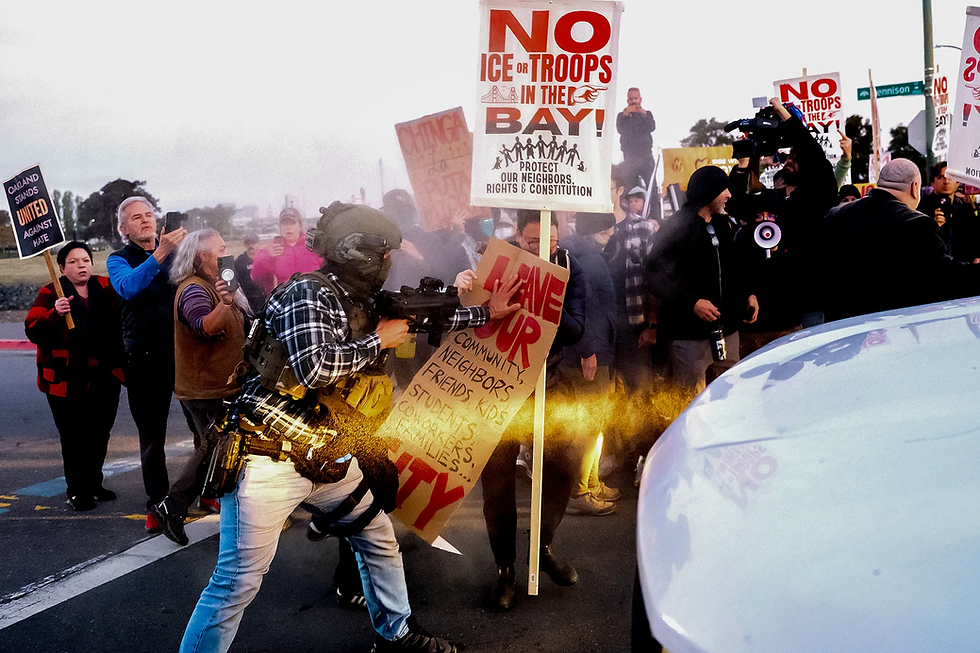Third Party Voting: Not Pointless
- Radar Staff
- Nov 2, 2016
- 3 min read
This erratic election cycle has made it hard for voters to not become disillusioned with the entire political scene. From Donald Trump’s racist outbursts and misogynistic overheard exclamations about sexual assault and “grabbing women by the pussy”, to Hillary Clinton’s wiped emails and Benghazi scandals, the race for president has drifted further and further away from the issues themselves, and into the nebulous territory of attention grabbing headlines. As we get closer and closer to the actual election day, new information is released that throws the two candidates in even starker contrast to each other. Democrats and Republicans squabble amongst themselves, and the voters are left wondering how to pick between the lesser of two evils.
Third-party candidates can represent an antidote to the wild and embarrassing political scene, playing out to an international audience. Make no mistake, either Mr. Trump or Secretary Clinton will most likely win the White House in November, but voting third-party doesn’t mean a thrown away vote.
The third largest party in the country, Libertarianism, offers another option for American voters: candidate Gary Johnson, former governor of New Mexico. I connect to the Republican’s theoretical commitment of shrinking government, but I am repelled by their views on human rights and immigration. I appreciate the Democratic ideals of protecting every member of the population, but with the corruption in across the nation, I think it’s quixotic to put all the power in a politician’s hands. Libertarianism can be a solution for people who don’t fit comfortably in either party. It combines the fiscal conservatism of the Republican party with the social liberalism of the Democrats. Johnson, for example, supports lowering the corporate tax to increase job growth but simultaneously supports abortion rights and the legalization of marijuana. Faced with two increasingly extreme choices, a Libertarian candidate is the moderate’s choice.
But Zoe, you ask, if you think that there’s no way a Libertarian candidate will win the presidency, why in George Washington’s name would I ever vote for one? Scintillating question! Why vote for a candidate that’s not going to win? Because of the statement it makes. Assuming that you’re not in a swing state (women voters of suburban Philadelphia, please disregard this advice), your individual vote will not have an impact on the outcome of the election. Ever since California voted red for it’s own Ronald Reagan in 1988, the past five elections have turned the state overwhelmingly blue. This last 2012 election saw 60.2% of voters casting their ballot for Barack Obama, versus 37.1% who voted for Mitt Romney. Currently, Clinton leads Trump by 26 points in the polls in California. All this is to say that your particular vote will have no impact in stopping the giant, floppy-haired reality TV star Godzilla from getting closer to the White House. That being said, voting Libertarian is a way to vote your dissent about the current political structure. The two-party system is broken. This election’s two candidates face historic dislike rates, and gerrymandering undercuts the legitimacy of representative officials. People are unhappy. If enough people in a state chose to reject the two official candidates, that can send a strong message to party leaders about what needs to be done to make a more unified country. Gary Johnson is currently polling at 7% nationwide, too low to be included in the Presidential debates. Though it’s not likely to happen, his presence at the debates would act as a counterbalance to the other two candidates, and keep the conversation more on topic.
Yes, a Libertarian revolution is currently unattainable. And Gary Johnson isn’t the perfect candidate. But Libertarians and other third parties, like Jill Stein and the Green Party, aren’t as entrenched in the political matrix that bogs down our two front-runners, who have to appeal to the radicalized ends of their populus (fun fact, there’s a fifth candidate, Evan McMullin, who’s pretty wild too). This November, instead of voting out of fear, vote for the candidate that most closely represents your views. Whatever happens, it won’t be your vote than makes or breaks a Presidency.





Comments